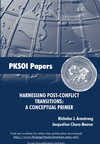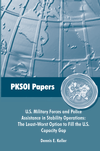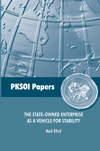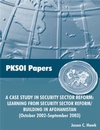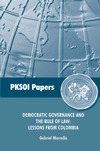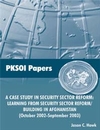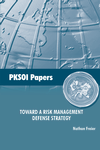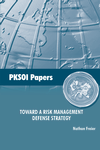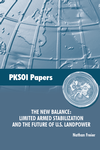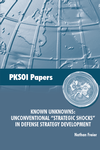Lessons Learned from U.S. Government Law Enforcement in International Operations
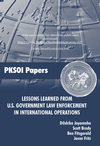
This paper Lessons Learned from U.S. Government Law Enforcement in International Operations has been produced as a part of the Law Enforcement Capabilities Project (LECP). The LECP is an initiative of the Emerging Capabilities Division (ECD) within the Rapid Reaction Technology Office (RRTO) of the Office of the Secretary of Defense (OSD).


